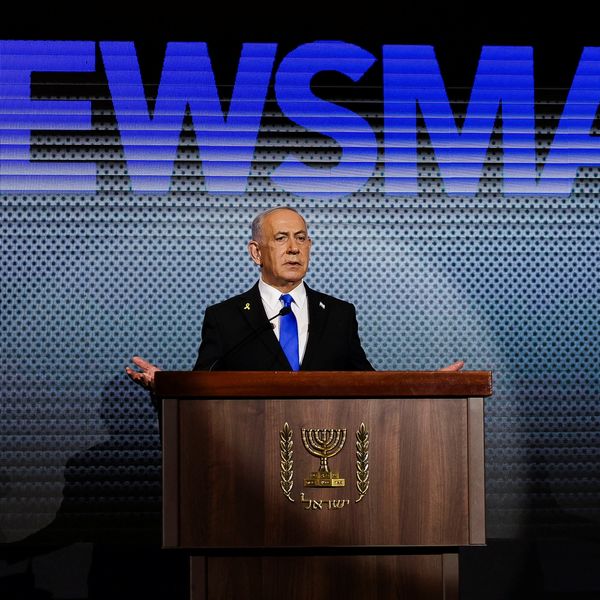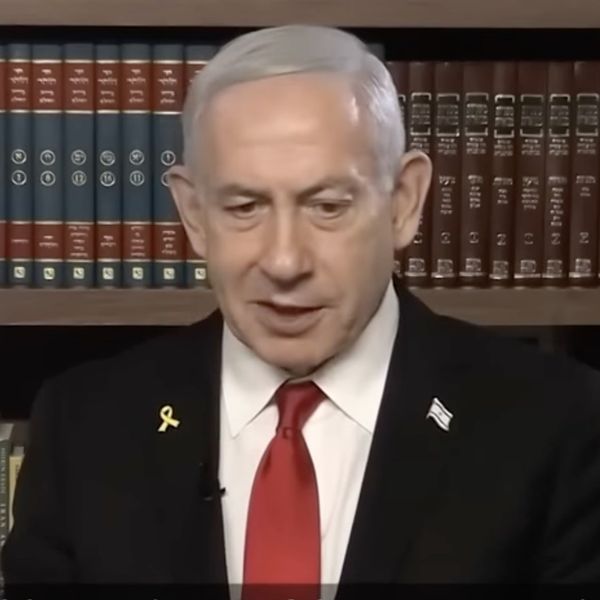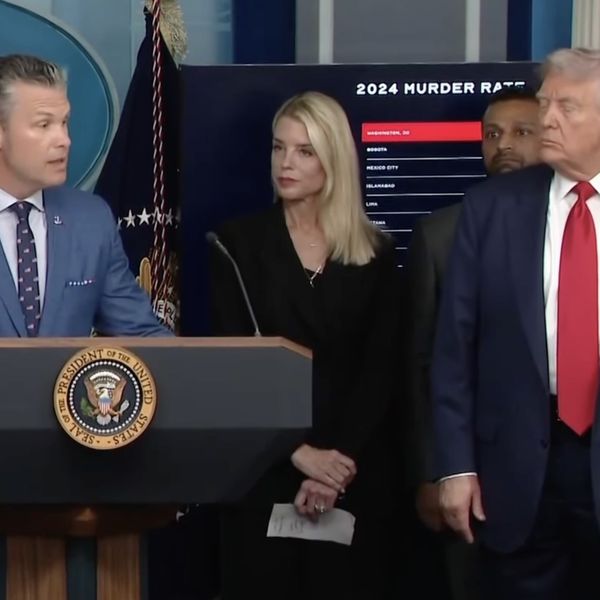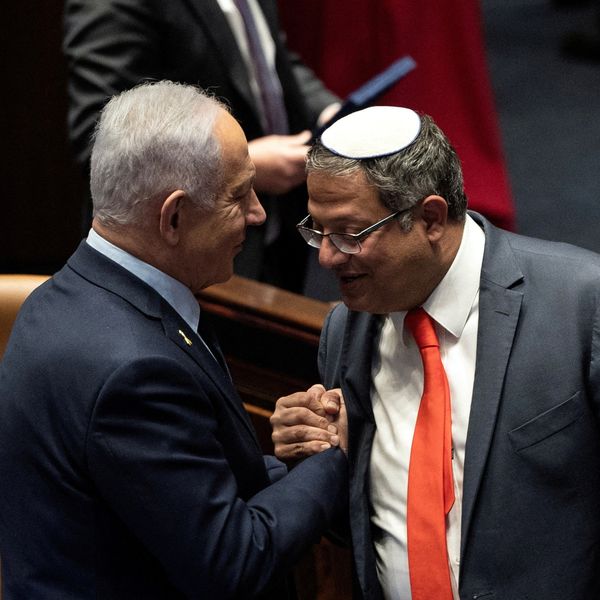Despite the Biden administration’s talk of bringing America’s endless wars to a close, the U.S. remains at war in Somalia in a conflict that shows no signs of ending anytime soon.
According to a new Costs of War Project report by Ẹniọlá Ànúolúwapọ Ṣóyẹmí, U.S. military involvement, assistance, and training have all contributed to perpetuating the war with al-Shabab. Rather than bringing that country closer to peace and stability, U.S. policy has instead been one of the drivers of the conflict. As Ṣóyẹmí says, “The U.S. is not simply contributing to conflict in Somalia, but has, rather, become integral to the inevitable continuation of conflict in Somalia.”
It’s bad enough that the U.S. has no vital security interests at stake in this conflict, but current U.S. policy is also exacerbating Somalia’s security problems instead of alleviating them. That makes the House’s failure to pass a war powers resolution for Somalia last month that much more disappointing. The U.S. urgently needs to reassess what it is doing in Somalia and in other countries where its programs of military assistance have been linked with the intensification of conflict. At the very least, the Biden administration should end direct U.S. involvement in the war in Somalia.
In the report, “Making Crisis Inevitable: The Effects of U.S. Counterterrorism Training and Spending in Somalia,” Ṣóyẹmí details how U.S. support for the Somali government and the training of its forces serve to keep the conflict going. She explains that backing the government in a top-down, coercive approach runs counter to the decentralized way that Somali politics and conflict resolution work.
While the U.S. may think that it is helping to promote security by assisting the central government, this approach is a terrible fit for the political conditions in the country. Then there is the much greater size of U.S. counterterrorism spending relative to the Somali government’s own revenues, which creates incentives to continue with the same militarized approach that has failed over the last decade and a half. This is why Ṣóyẹmí argues that “the U.S. might be doing more than merely exacerbating Somalia’s insecurity, and might be an active impediment to stability and conflict resolution in Somalia.”
U.S. involvement in the war in Somalia has been relatively modest in terms of troop numbers, but it has been ongoing for more than 15 years. The Obama administration labeled al-Shabab an “associated force” of al-Qaida in 2016, and used this to pretend that the 2001 AUMF applied to military operations against a group that did not exist when the authorization was passed. The war in Somalia is exactly the sort of intervention that ought to have been debated and authorized before it started, and not retroactively added to an authorization already on the books. Congress’s failure to do its job in this case has meant that the U.S. wages a low-level war indefinitely with minimal scrutiny.
After significantly escalating U.S. drone and airstrikes in Somalia during most of his time in office, Trump withdrew U.S. forces from Somalia in the final months of his presidency. Crucially, the military continued the same mission by “commuting” from bases in Djibouti and Kenya. President Biden then reversed Trump’s quasi-withdrawal and resumed the earlier military presence in the country. The U.S. use of drone attacks and traditional airstrikes in Somalia has declined significantly from its peak under Trump, but it has not ceased.
Administration policy appears to be nothing but more of the same ineffective and counterproductive involvement that has brought Somalia to its present state. It makes no sense to expect any better outcomes from continuing to do the same things as before. Ṣóyẹmí concludes, “It is highly unlikely that continued U.S. training operations and U.S. counterterrorism spending in Somalia, along the same lines as the U.S. has acted in these areas in the past, will serve to produce anything but the continuation of conflict and unrest in Somalia.” The U.S. needs to consider the possibility that military involvement and training are not conducive to stability in cases like this one, and that it needs to look to other tools of statecraft besides military ones to manage these problems.
The contrast between Somalia and neighboring Somaliland in terms of how conflict is managed could scarcely be greater. As Michael Horton has written for Responsible Statecraft, “The lack of large amounts of outside aid and interference may be one of the reasons for Somaliland’s success. Rather than having ‘solutions’ imposed on it by outside powers, its institutions have developed in organic ways that are best suited to its societal contexts.”
The Costs of War Project report also cites Somaliland as an example of the kind of bottom-up political approach that would stand a better chance of ending conflict in Somalia. According to the report, “the process of consolidating central control over security took many years and adopted an incremental approach building trust with local communities and working in parallel with iterative peace and political processes.”
Many countries in Africa are experiencing deteriorating security conditions from armed insurgencies in their territories. The reflexive U.S. response to this deterioration has been to throw more military assistance at local governments on the assumption that additional resources for security will keep a lid on the problem. However, what we see from Burkina Faso to Niger to Somalia is that U.S. security assistance doesn’t buy these countries more security, and in some cases it seems to be actively contributing to making conditions worse.
Before the House voted down the war powers resolution for Somalia last month, opponents of the measure claimed that the U.S. military presence was a stabilizing force for the country. If House members would read the Costs of War Project report on the U.S. role in this conflict, they would see that this is not the case. Not only is the U.S. presence in Somalia not a stabilizing force, but the entire approach that the U.S. has taken to this conflict has contributed to the country’s ongoing instability.
Most House members voted against the resolution on the mistaken assumption that the U.S. military presence there is making both the U.S. and Somalia more secure, but the truth is that neither country is better off because of this policy and both would be better off without it.
The U.S. has spent years and billions of dollars on a fruitless militarized approach to conflict in Somalia. The evidence shows that it hasn’t worked and isn’t likely to work in the future. The U.S. ought to end its involvement in this conflict, and not just because there are no American interests at stake there. As the Costs of War Project report shows, the U.S. is fueling the conflict and getting in the way of alternative approaches that have been proven to work elsewhere.













